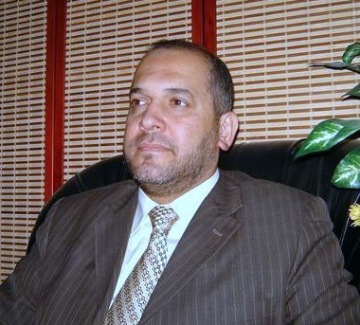On Friday Iraqi MP Harith al-Obaidi, the leader of the largest Sunni bloc in parliament and high-profile advocate of human rights was assassinated just outside a mosque, having just completed a sermon condemning Prime Minister Nouri al-Maliki’s government for violations of human rights.

Iraq’s Interior Ministry says it will soon have its formal report on the killing, but insists that al-Qaeda was responsible for the attack. However some, including MPs from Shi’ite cleric Moqtada al-Sadr’s parliamentary bloc (which worked closesly with Obaidi on human rights issues) see the government as the more likely culprit.
The killing is raising concerns that the rising number of sectarian killings, in recent months almost exclusively Sunni militants killing Shi’ites, is poised to return to the disastrous levels of previous years, after a short span of relative calm. Whether it is unrest over the possibility the Shi’ite-led government killed Obaidi or simply disquiet at its inability to do anything to prevent it, the concerns seem well founded.
Obaidi was a long-time critic of the US invasion and occupation, and served as the deputy chairman of the parliament’s human rights committee. In 2005 US troops raided his home, accusing him of being part of the insurgency.



